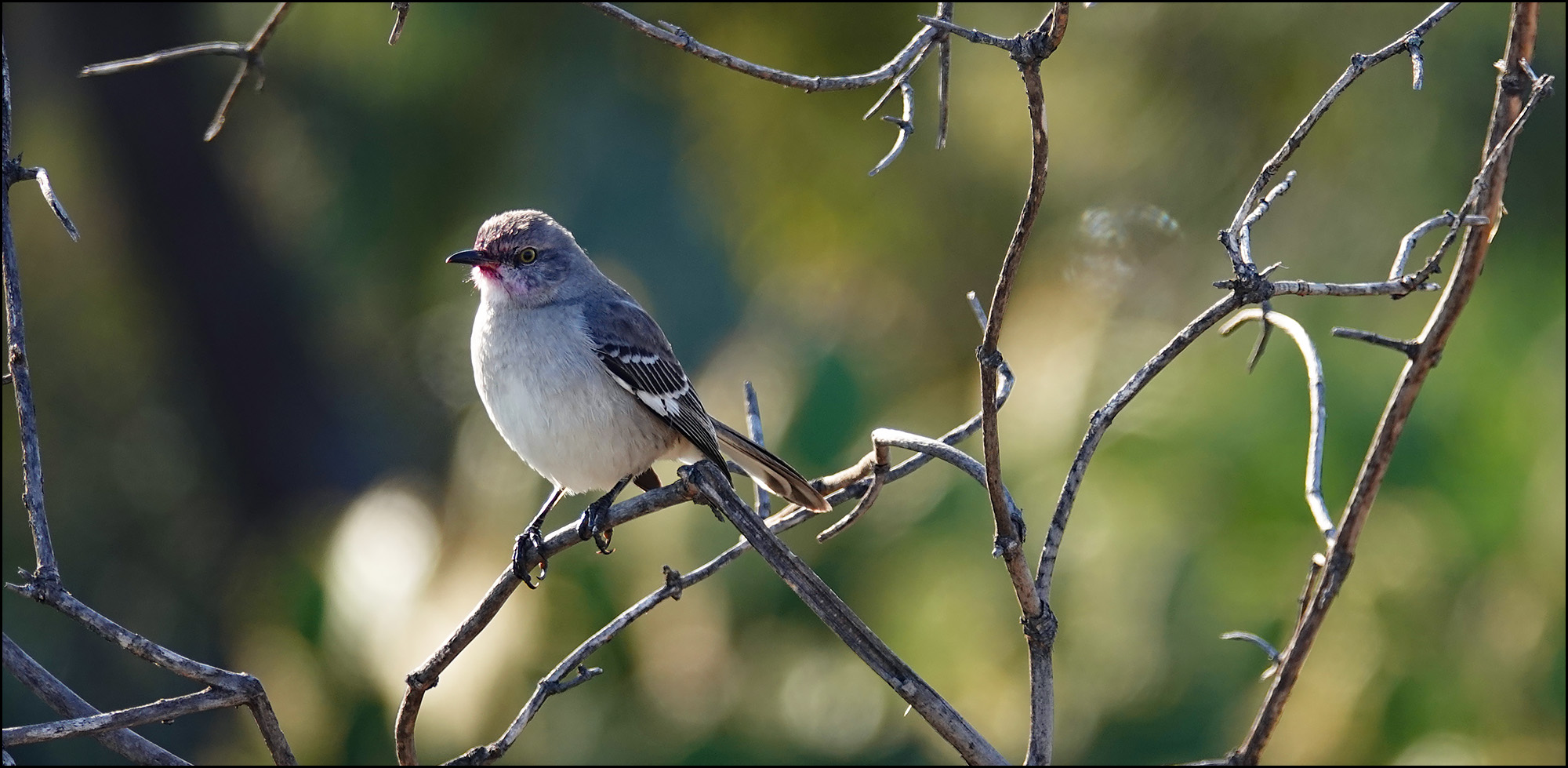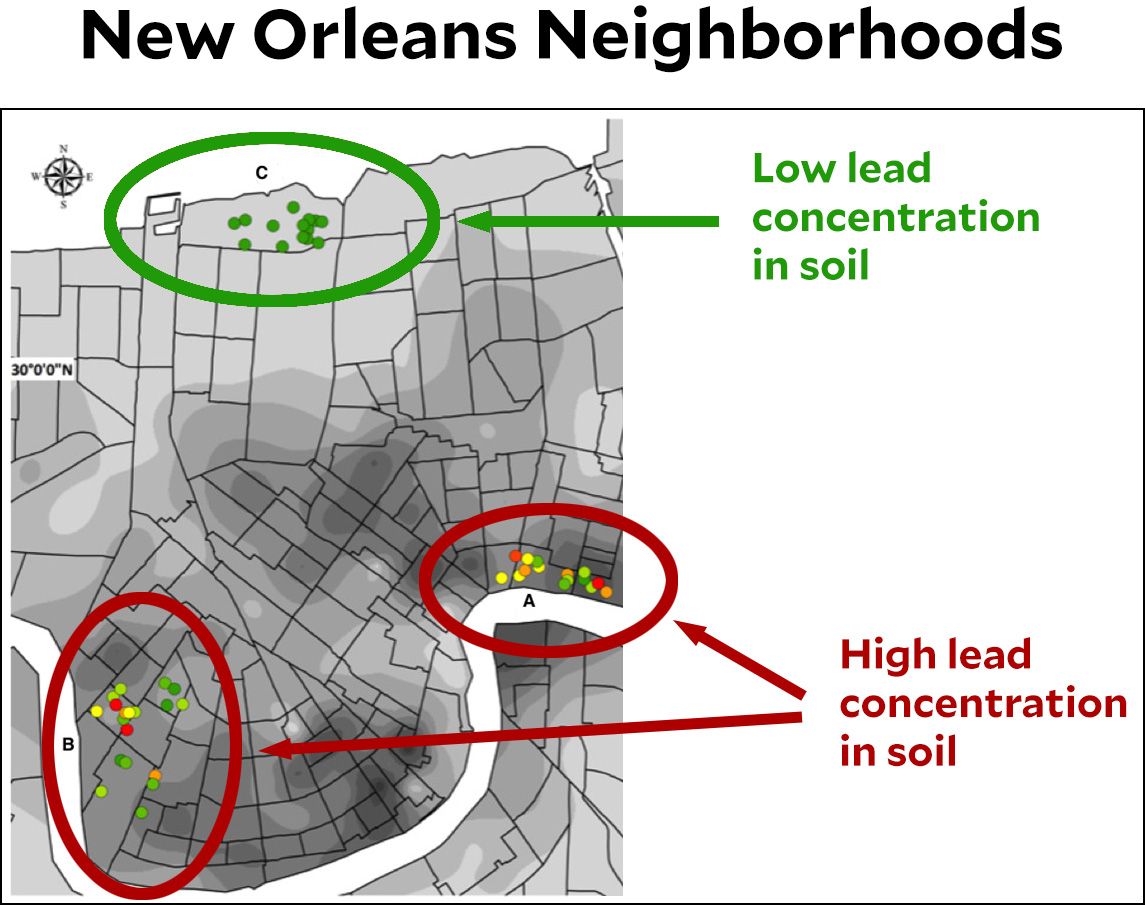As we all know, there is considerable evidence that exposure to lead as an infant interferes with brain development, producing teenagers and adults who are more impulsive, more aggressive, and less intelligent. But suppose you want to really prove this. Ideally, what you’d want is a randomized controlled trial in which a group of infants is split randomly in two, with one half exposed to lead while the other half isn’t. Then you wait 20 years and see what happens.
Needless to say, this presents some wee ethical problems, so we can’t do it. And who wants to wait 20 years anyway? Instead, how about if we try this on some other animal? What we’d want is a species that tends to be sort of obnoxious already. For example, the northern mockingbird, which I just happen to have an excellent picture of:

So when are northern mockingbirds even more obnoxious than usual? When they’re building their nests. And how do you bait them into aggressive acts? Like this:
Researchers placed a taxidermized mockingbird on a tripod, 25 feet away from nests that pairs of mockingbirds were constructing, a situation in which the birds act most territorial. The researchers also played recorded songs of singing males to alert the mockingbirds and make the intrusions more realistic.
So you make the mockingbirds think they’re under attack and then observe their behavior. Here’s what happened:
In the neighborhoods with low lead levels, the mockingbirds responded to the threat somewhat conservatively, with scolding call vocalizations, raised-wing displays or fly-bys. In high-lead neighborhoods, though, the mockingbirds responded far more aggressively, attacking the perceived intruder and even ripping out its feathers. Researchers learned quickly they had to place the fake bird in a cage to continue the study and protect it from damage.
This study was done at Tulane University in New Orleans, where Howard Mielke has done considerable research into lead and already has detailed maps showing the lead content in various neighborhoods:

In the Lakeshore neighborhood, at the top of the map, the mockingbirds had an average aggressiveness score of about -1.0. In the Marigny and Uptown neighborhoods the birds scored 0 and 1.2.
So there you have it. Lead is bad for human infants, and apparently it’s bad for mockingbirds as well. In both cases, the problem is lead in soil: human babies crawl around outside and then stick their hands in their mouths, while mockingbirds eat worms that have ingested lead particles. Either way, it’s bad news.














